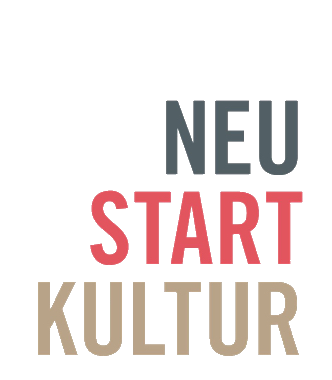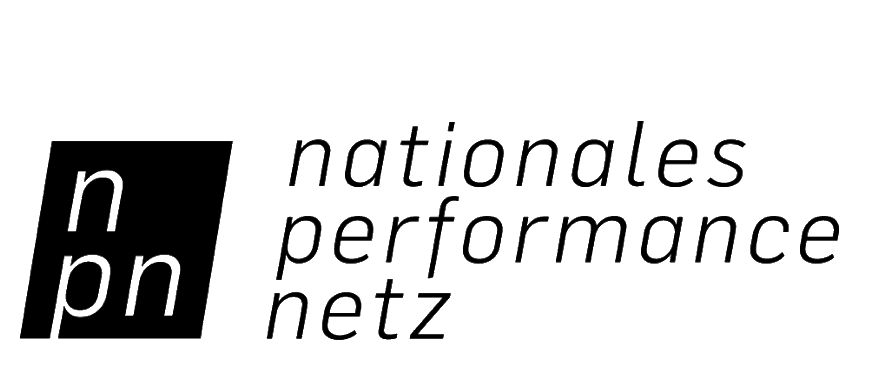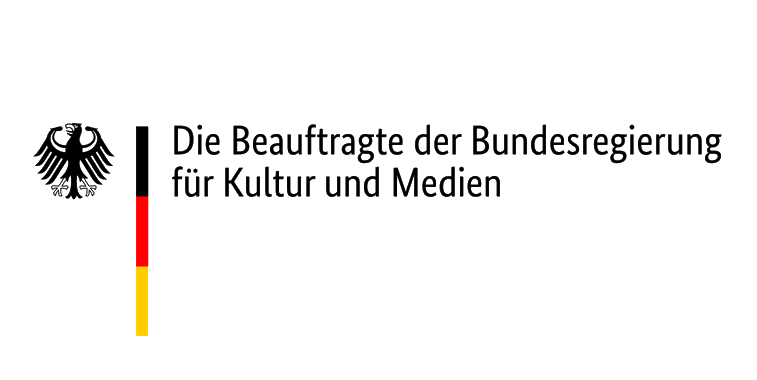THE FORGOTTEN ONES
Joseph Tebandeke
Celebrating Dance Heritage and understanding Body Archives
This project excavates deep into the heritage, traditions, languages, and tribes of Uganda, focusing its spotlight on the philosophical way in which our ancestors documented generationa history. This workshop aims to foster a better awareness and appreciation of who we are a individuals and collective identities as human beings.
"The Forgotten Ones," continues to shed light on the significance of dance within the cultural context and explore the reasons behind the deprivation (lack) of younger generations in th dance scene today, as they often find themselves lost in space.
Dance plays a fundamental role in African culture, extending far beyond entertainment. It serves as a powerful medium of preserve generational history and storytelling, dance in Africa is a way of life. transferring of emotions, the celebration of rites of passage and unification of communities.
In Africa, dance is an essential component of our social legacy, representing the rich philosophy and diverse cultures that have shaped our existence and celebrations that have resonated across generations. Our cultures are invaluable (extremely useful) treasures that deserve ou steady pride and embrace.
We pose a crucial question: How can we build a valuable future if we destroy the past? Despite its importance, the project questions the absence of qualified dance schools teachin both traditional and western, and the subsequent impact on the future of dance in Uganda and Africa.
Without a strong foundation in embracing our cultures, traditions and languages, aspiring artists are frequently discouraged and getting lost with their professional career. It is therefore importance that Africa's younger generations receive the proper education and understan their lineage.
Led by a disabled artist, this workshop goes beyond movement, embracing bodies in space as a deeper expression of one's physicality.
Through this transformative experience, we aim to celebrate the uniqueness of each body and its archival history. exploring individual expression, and the beauty of spiritual essence roote in personal heritage and culture. The workshop offers a platform to understand how different bodies, both able and differently gifted, resonate with movement and relate to experienc movement and relate to various spaces.
"The Forgotten Ones" is a powerful call to appreciate body archives and their alignment with community and belonging. As a disabled artist, it is our responsibility to bring awareness of embracing who are.
Bio: Joseph Tebandeke is an emerging contemporary dance artist from Uganda. With an interest in physical intervention in common spaces, Joseph explores different bodies, daily objects and space with an emphasis on the the intersection where the concept of being able or disable meet.
The following are links presenting local physical expressions that comes genetically because of our roots celebrations:
www.youtube.com/watch?v=5hl485sSnyg
www.youtube.com/watch?v=Xs2AymEdYLY
www.youtube.com/watch?v=rjGdQolXiSo
www.youtube.com/watch?v=C4f4VB2vUKw
www.youtube.com/watch?v=SXITWh4B6mQ
www.youtube.com/watch?v=4zUNTe4Bdwc
www.youtube.com/watch?v=h_gLfzR9o_8
www.youtube.com/watch?v=n6SxajScuus
This project excavates deep into the heritage, traditions, languages, and tribes of Uganda, focusing its spotlight on the philosophical way in which our ancestors documented generationa history. This workshop aims to foster a better awareness and appreciation of who we are a individuals and collective identities as human beings.
"The Forgotten Ones," continues to shed light on the significance of dance within the cultural context and explore the reasons behind the deprivation (lack) of younger generations in th dance scene today, as they often find themselves lost in space.
Dance plays a fundamental role in African culture, extending far beyond entertainment. It serves as a powerful medium of preserve generational history and storytelling, dance in Africa is a way of life. transferring of emotions, the celebration of rites of passage and unification of communities.
In Africa, dance is an essential component of our social legacy, representing the rich philosophy and diverse cultures that have shaped our existence and celebrations that have resonated across generations. Our cultures are invaluable (extremely useful) treasures that deserve ou steady pride and embrace.
We pose a crucial question: How can we build a valuable future if we destroy the past? Despite its importance, the project questions the absence of qualified dance schools teachin both traditional and western, and the subsequent impact on the future of dance in Uganda and Africa.
Without a strong foundation in embracing our cultures, traditions and languages, aspiring artists are frequently discouraged and getting lost with their professional career. It is therefore importance that Africa's younger generations receive the proper education and understan their lineage.
Led by a disabled artist, this workshop goes beyond movement, embracing bodies in space as a deeper expression of one's physicality.
Through this transformative experience, we aim to celebrate the uniqueness of each body and its archival history. exploring individual expression, and the beauty of spiritual essence roote in personal heritage and culture. The workshop offers a platform to understand how different bodies, both able and differently gifted, resonate with movement and relate to experienc movement and relate to various spaces.
"The Forgotten Ones" is a powerful call to appreciate body archives and their alignment with community and belonging. As a disabled artist, it is our responsibility to bring awareness of embracing who are.
Bio: Joseph Tebandeke is an emerging contemporary dance artist from Uganda. With an interest in physical intervention in common spaces, Joseph explores different bodies, daily objects and space with an emphasis on the the intersection where the concept of being able or disable meet.
The following are links presenting local physical expressions that comes genetically because of our roots celebrations:
www.youtube.com/watch?v=5hl485sSnyg
www.youtube.com/watch?v=Xs2AymEdYLY
www.youtube.com/watch?v=rjGdQolXiSo
www.youtube.com/watch?v=C4f4VB2vUKw
www.youtube.com/watch?v=SXITWh4B6mQ
www.youtube.com/watch?v=4zUNTe4Bdwc
www.youtube.com/watch?v=h_gLfzR9o_8
www.youtube.com/watch?v=n6SxajScuus
 Finding uniqueness of everyone. Shifting perspective (open research) at Vienna in Dschungel theater
Finding uniqueness of everyone. Shifting perspective (open research) at Vienna in Dschungel theaterphoto by Rainer Berson(A)
 Sharing roots experience at Moving into Dance
Sharing roots experience at Moving into DanceAt South Africa (Research three) at South Africa
photo by Lesego Dihemo
 Shifting perspective (open research two) at Vienna in Dschungel theater
Shifting perspective (open research two) at Vienna in Dschungel theater photo by Rainer Berson(A)
 Shifting perspective (research three) at South Africa
Shifting perspective (research three) at South Africa photo by Lesego Dihemo
Moving Margins Chapter II
moving arti|facts from the margins of dance archives
into accessible scores and formats



Supported by the NATIONAL PERFORMANCE NETWORK
- STEPPING OUT, funded by the Federal Government
Commissioner for Culture and Media within the
framework of the initiative NEUSTART KULTUR.
Assistance Program for Dance.
artistic researches
Supported by the NATIONAL PERFORMANCE NETWORK
- STEPPING OUT, funded by the Federal Government
Commissioner for Culture and Media within the
framework of the initiative NEUSTART KULTUR.
Assistance Program for Dance.
© 2021 All rights reserved to Sasha Portyannikova, Nitsan Margaliot and the interviewees.

